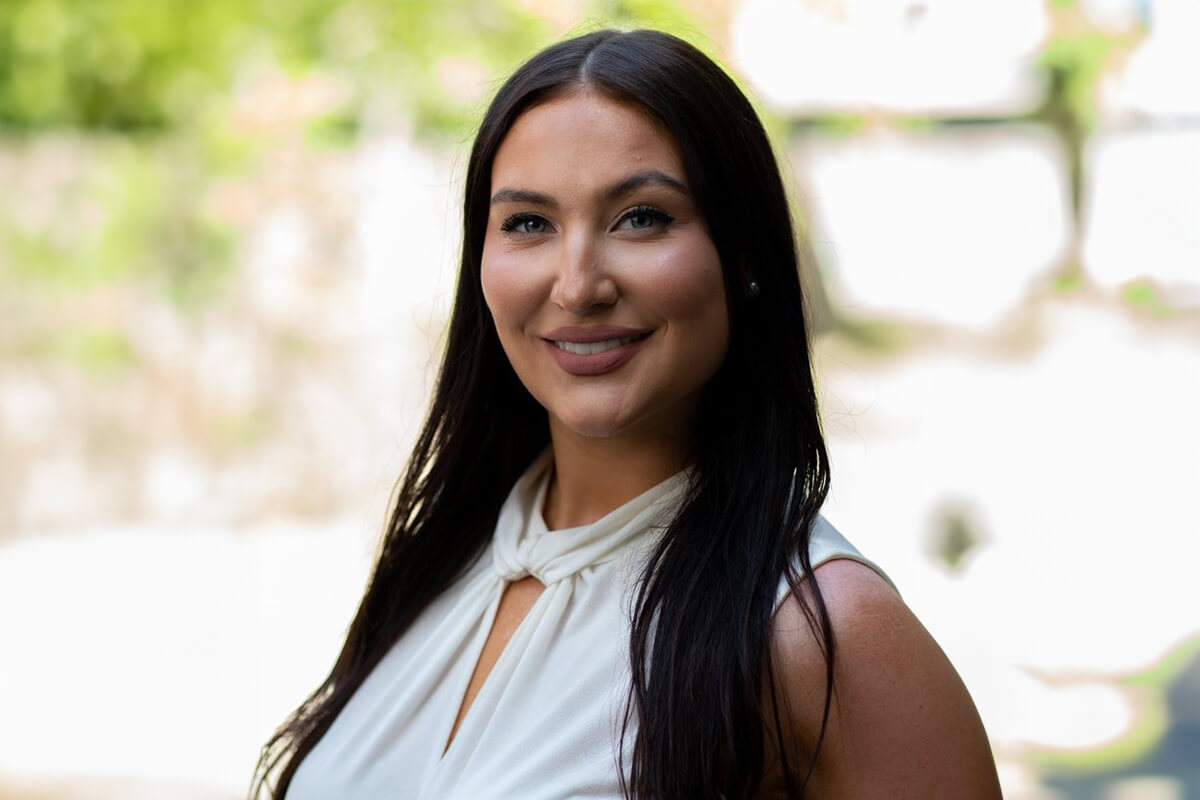
A mental health care approach rooted in Indigenous culture
Sydney Levasseur-Puhach named a 2024 Vanier Scholar
Sydney Levasseur-Puhach is starting from a place of strength.
The doctoral psychology student was recently awarded a Vanier Canada Graduate Scholarship, recognizing her academic excellence, research potential and leadership. Vanier Scholars are Canada’s top graduate students and Levasseur-Puhach will receive $150,000 over three years towards her research into the maternal mental health needs of Indigenous women.
Her methodological approach also focuses on the innate strengths of her research participants.
“In this work that is largely collaborative and centred on relationality, I want to showcase that there are so many gifts that Indigenous women possess that should be honored within mental health systems,” she says. “I hope to disrupt systems and create safer spaces for women and families to be able to live their lives in alignment with personal, familial and cultural values.”
Indigenous mothers have an increased risk of experiencing anxiety and depression compared to non-Indigenous mothers. Although psychological services have historically been harmful to Indigenous people, research suggests culturally grounded mental health programs can improve outcomes for Indigenous people.
Levasseur-Puhach plans to develop a culturally specific mental health program for Indigenous mothers based on knowledge gathered from the women themselves, and from leaders, Indigenous governance agencies, Elders and academics who have experience in program adaptation.
An Anishinaabe woman and member of Sandy Bay First Nation, Levasseur-Puhach believes providing the care Indigenous women deserve will serve as a means of supporting intergenerational family thriving.
She involves Elders with her work as much as possible, adhering to their guidance and embedding ceremony in the research process. When it comes to data collection, she prefers to use semi-structured, conversational interviews or focus groups.
“That is my favourite part of conducting research; having conversations with people, sharing stories, getting acquainted, and cultivating community,” she says. “I value having group gatherings with participants and those that I work alongside in research to develop relationships at the onset of each project.”
Crucial to her success as a graduate student has also been the relationships developed within her faculty. “The University Manitoba has been the ideal institution to conduct my research. I have had such incredible mentorship. My research advisor, Dr. Leslie E. Roos has supported this work over the last 5+ years and I am so fortunate to have developed meaningful relationships with other colleagues and mentors. I have felt very well supported in conducting this research.”
After completing her PhD, Levasseur-Puhach hopes to work in the public health care system as a clinical psychologist. “Ultimately, I hope to be delivering programming that is co-created with participants who I have formed relationships with over several years and to be a good relative to my kin.”






